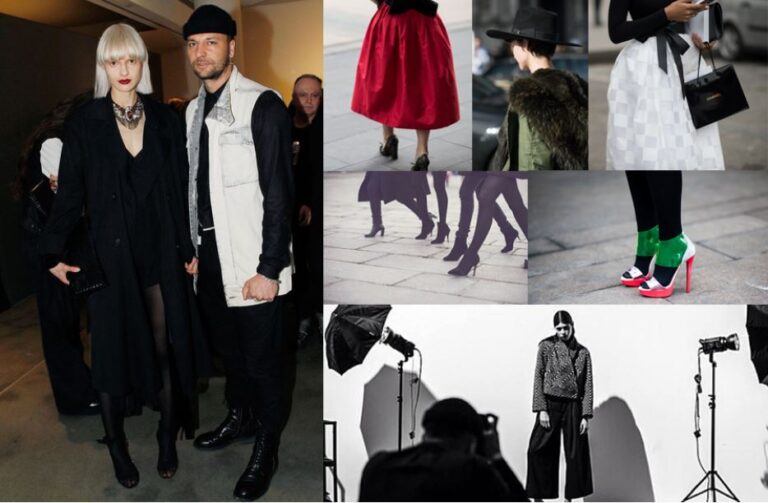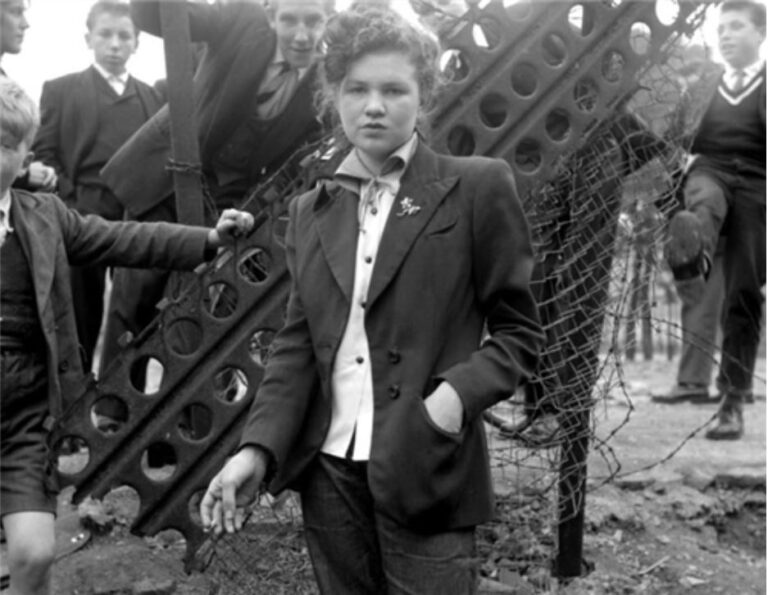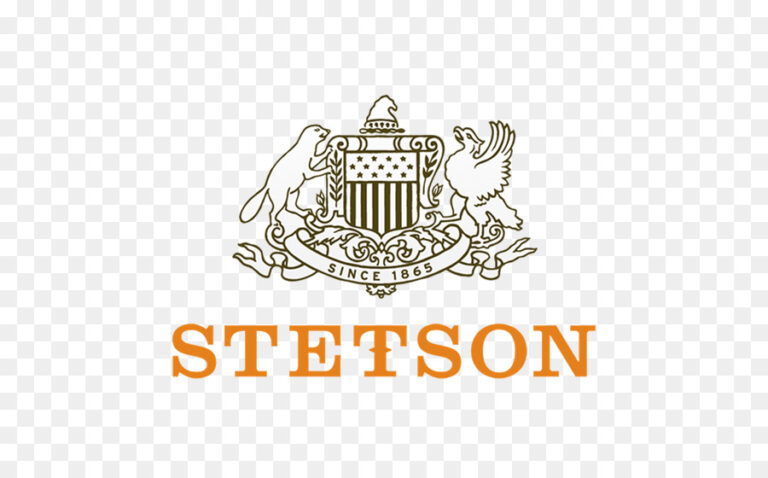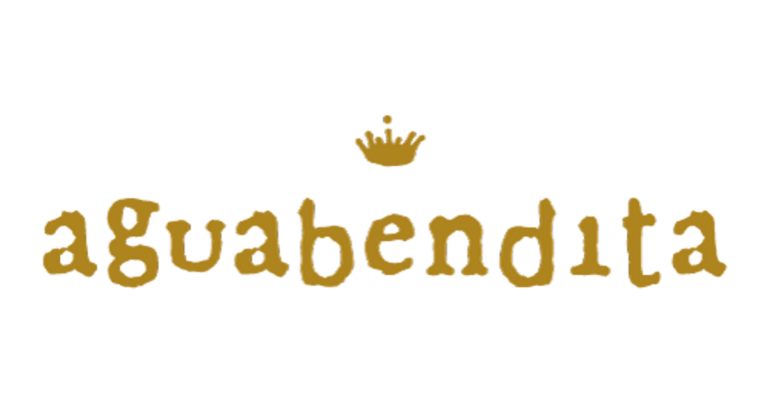Italian artist Giuseppe Licari’s installation, titled Humus, invites us to open our perspectives as we gaze up at tree roots suspended from the ceiling. The title of the work is referring to to the soil layer that is essential for the growth of trees and plants, but which is absent here.
“My work is an open-ended process of exploration of human perception and how it can be triggered through discrete or bold interventions,” says Licari. The relationship between humankind and nature, growth and decay are the theme in Licari’s work, which resonates with an echo of Arte Povera. Arte Provera translates to poor art, a modern Italian art movement. The movement was huge in the late 50s and early 60s, when artists began attacking the values of established institutions of governments, industry, and culture. While his installation pieces usually are shown in Rotterdam, Netherlands, where he resides, his work is slowly starting to make it’s way over into the US.
Licari likes to invite the public to participate, share, experience and interact, forming a collective memory between all participants and creating it the central meaning behind his work. Much like the social movement that is taking place in today’s world through the web, Licari’s seeks to encourage direct public engagement in one way or another.

























